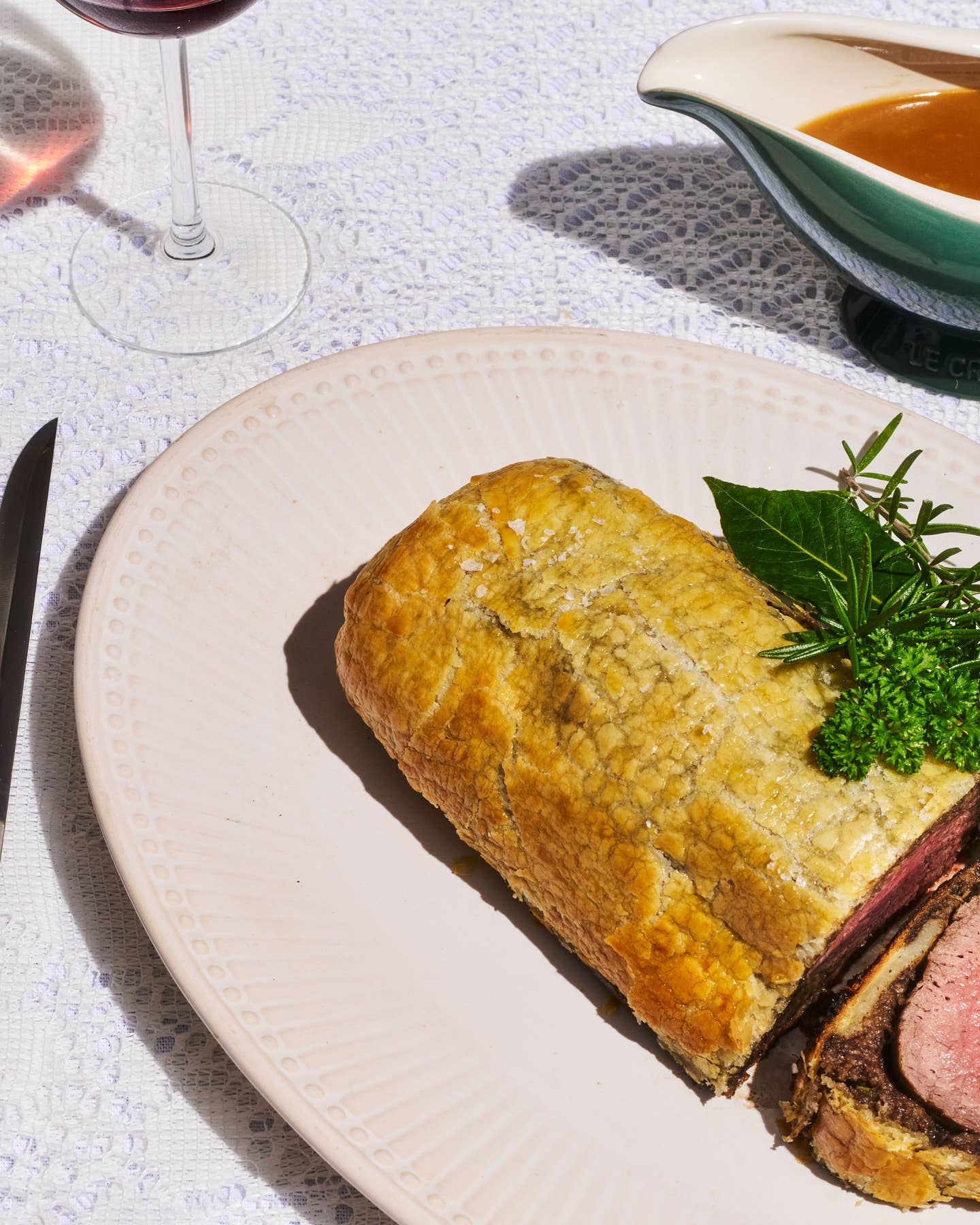
So-Called ‘Farm to Table’ Restaurants Can’t Stop Lying About Where Their Food Comes From
A new exposé from the Tampa Bay Times shows just how extensive fraudulent menu descriptions can be
"If you eat food, you are being lied to every day," wrote Laura Reiley, the Tampa Bay Times' food critic for the past nine years. In her comprehensive exposé of the fraud behind Tampa's farm-to-table restaurants' dishonest ingredient sourcing and labeling, she details, through painstaking research, just how hard it is to tell where that locally, humanely-raised meat on your plate is really from.
Reiley compiled her extensive research from hundreds of Tampa Bay restaurants and investigated the claims they made about specific ingredients and sources, often leading to very uncomfortable—but surprisingly honest—confrontations with chefs. When faced with Reiley's research, many chefs fast conceded that not everything on their menu is entirely true.
Gary Moran, chef at the Mermaid Tavern, is one such person Reiley caught in a lie. When asked about shrimp that appears on the menu as "Florida wild caught," but was actually from a farm in India, Moran said, "We try to do local and sustainable as much as possible, but it's not 100 percent."
A second example comes from Pelagia sous chef Tim Ducharme about the Zellwood-area corn on his menu. "When reminded that Zellwood corn isn't in season now," Reiley writes, "Ducharme said, 'Well, we buy fresh corn from someone.'" This seems to indicate that some chefs subscribe to the elementary-school philosophy that this kind of substitution is a problem if you get caught.
This fraud, and reports about it, are hardly new. Fortune and San Diego Magazine recently covered the state of restaurant menu deception a few months ago, and in 2013 Modern Farmer ran a piece that looks at food fraud's rich history. But Reiley's may be the most in-depth examination of a single food scene running wild with greenwashed terms that have become all but meaningless in some restaurants.
Ingredient sourcing is complicated for any restaurant looking beyond major wholesalers, and some restaurants simply avoid the issue altogether by not listing farm names, even when they truly work local, small-scale businesses. At Cafe Ponte, Reiley points out, "chef-owner Chris Ponte deals with more than 30 vendors for his 14-year-old Clearwater restaurant. He doesn't list any small farms."
To sort out truth from fiction, Reiley recommends a food-tracking app like Foodwaze, "the only digital guide that locates and verifies sustainable food businesses of all kinds." You can also do as Reiley does: Call the farm or supplier and see if that restaurant is a client.
While the onus for this is really on the people putting these menus together, it pays to keep your common sense about you. If your server tells you a rapturous story about some local tomatoes in a dish while there’s snow on the ground, take it with a grain of salt.
Keep Reading
Continue to Next Story










